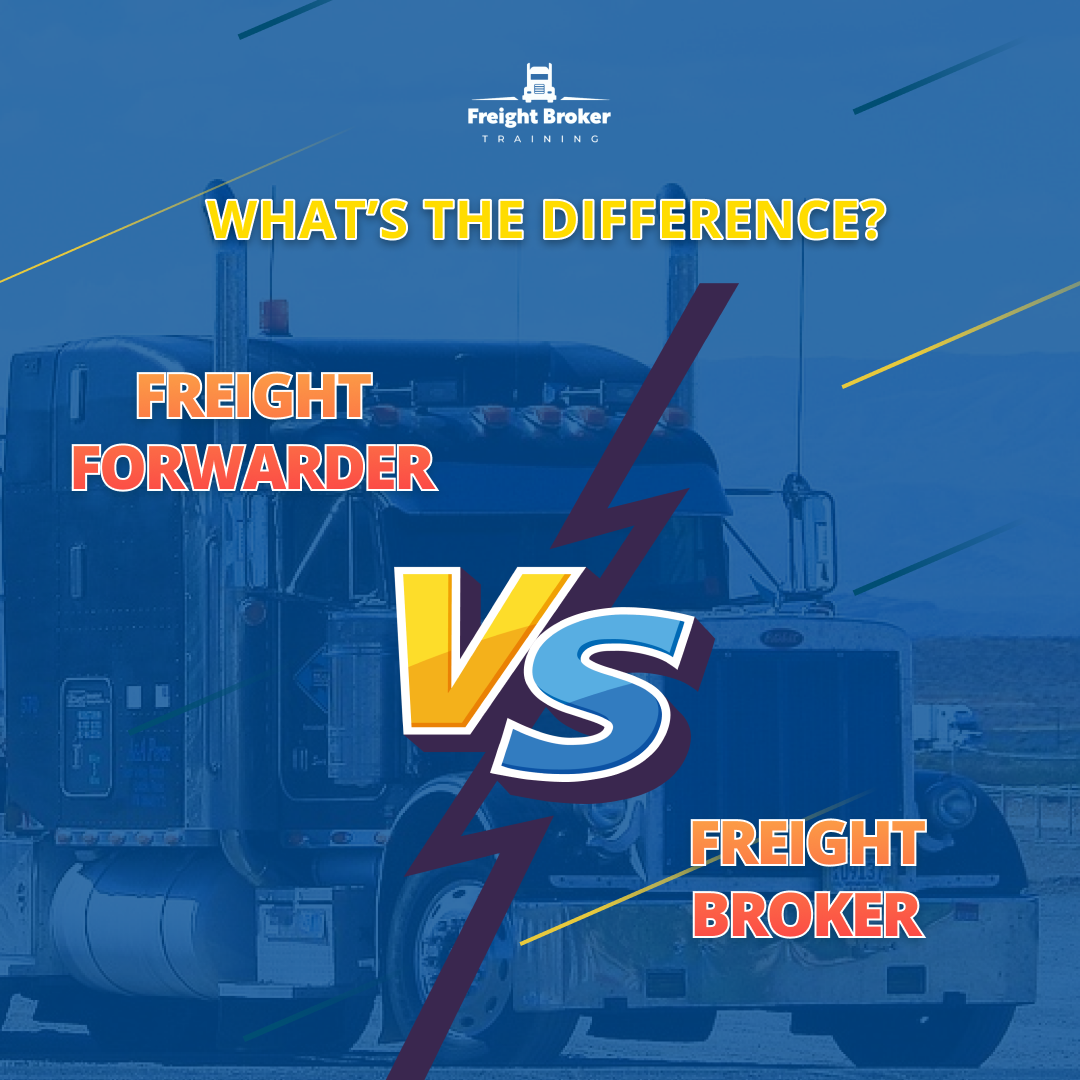What do we know about freight brokers and freight forwarders? What are their responsibilities? Do they perform the same functions, or are there any differences? In fact, there is a significant difference between these two terms. And you have to understand it. Do you know that freight brokers don’t provide the same variety of services as freight forwarders? Brokers typically are intermediaries between shippers and cargo carriers. Their responsibilities include providing logistics for haul ready goods, negotiating rates, maintaining relationships between both parties and reporting on transportation. They usually find the most optimal and cost-effective way to deliver loads. Typically, they aren’t accountable for managing the logistics of goods. Broker is a middleman.
Freight forwarders act also as a link between shippers and carriers and coordinate the transportation of goods by air, sea, or land. They typically offer a range of services, including transportation, customs clearance, and warehousing. They are responsible for many things, such as managing the entire logistics process, ensuring that shipments are properly packaged and labeled. The duties also involve identifying the most efficient routes, obtaining clearance for international shipments, meeting legal requirements, and booking space for cargo. Their main task is to ensure that a load is transported safely and efficiently. Freight forwarders also negotiate rates with carriers on behalf of their clients.
It means that the primary distinction between freight brokers and freight forwarders is that a freight forwarder is in charge of managing the entire logistics process, while a broker is only responsible for connecting shippers with carriers. Freight forwarders take possession of goods and manage the transportation and customs clearance processes, while brokers simply arrange for the transportation of goods. The function of a freight forwarder is considerably more specialized. Freight forwarders have a more comprehensive understanding of the logistics process, and are better equipped to handle complex shipments. They are responsible for managing the logistics of shipping goods, and work with a network of carriers to ensure high-quality delivery of goods without any damage. Brokers, on the other hand, are primarily focused on negotiating rates between shippers and carriers. However, brokers can be a valuable resource for shipping agents who need help finding carriers and negotiating rates.
So, they both are an important part of the freight industry and play an essential role for the load transportation. These two terms are often considered interchangeable because they share some similarities. But if you go deeper, you will understand that these two positions are actually very different. We recommend that you learn the influence and role of freight brokers and forwarders. This will bring more understanding to the industry for you and make it easier for you to choose a logistics provider.

